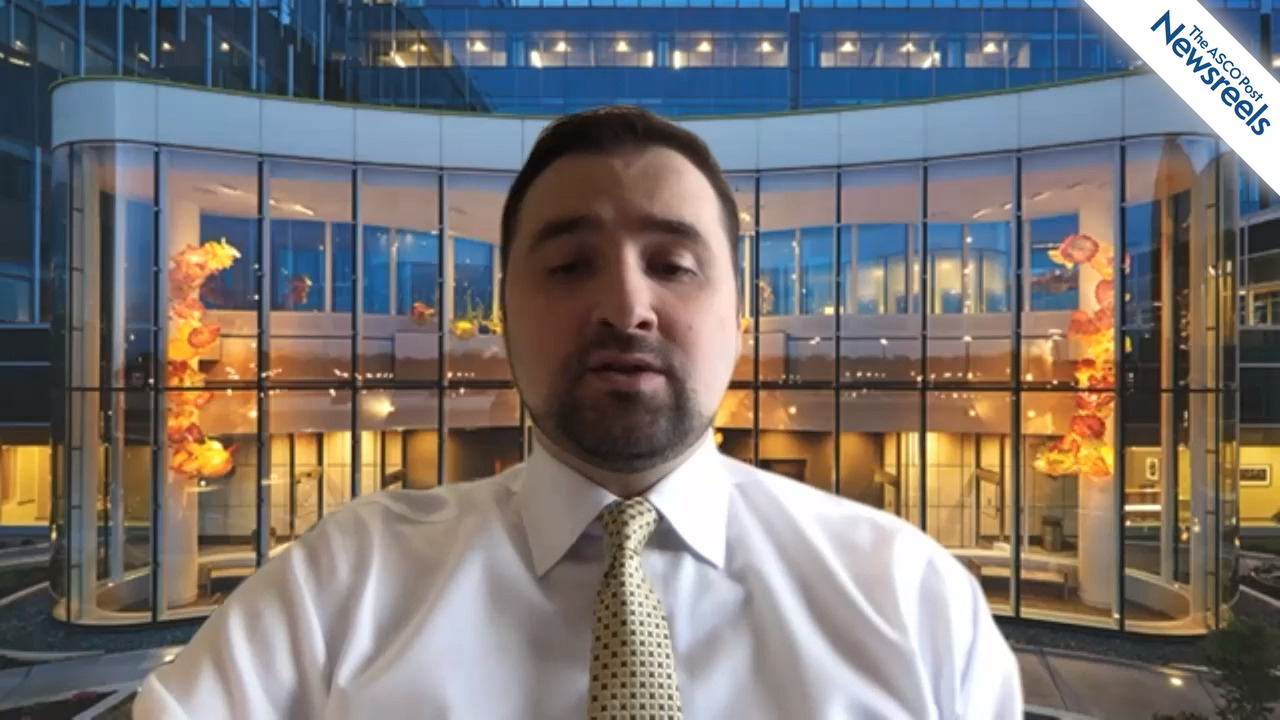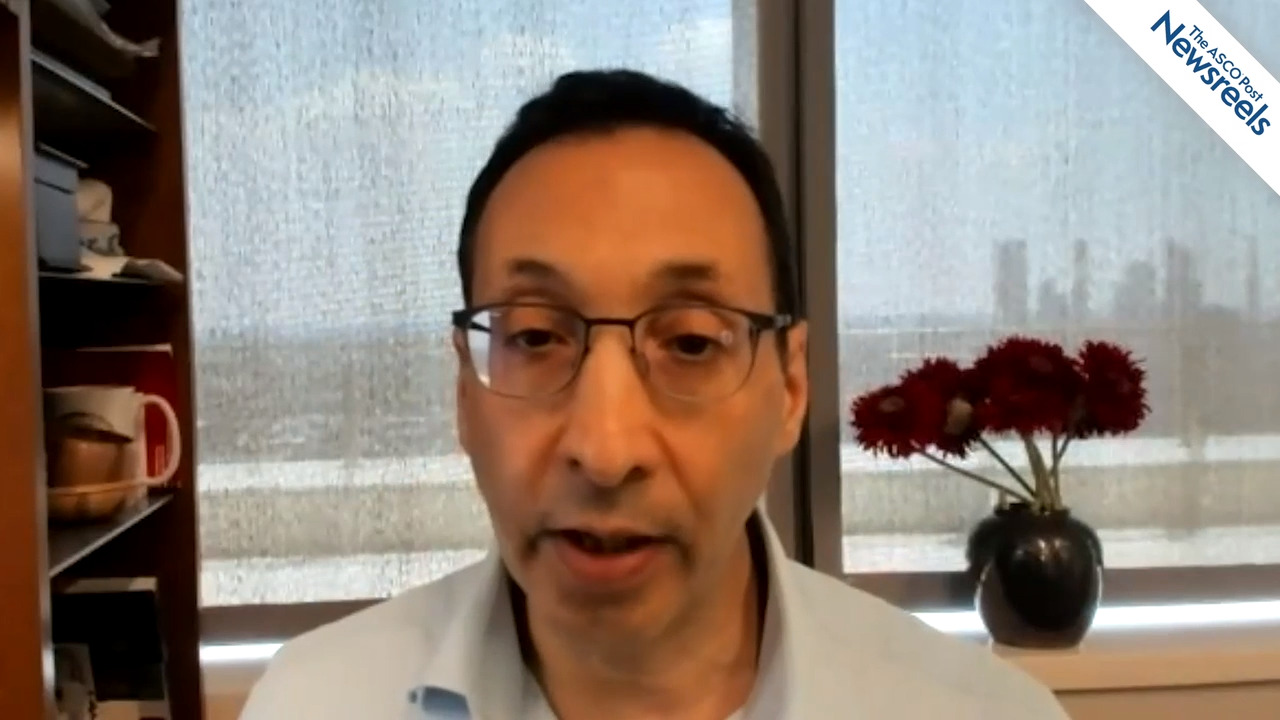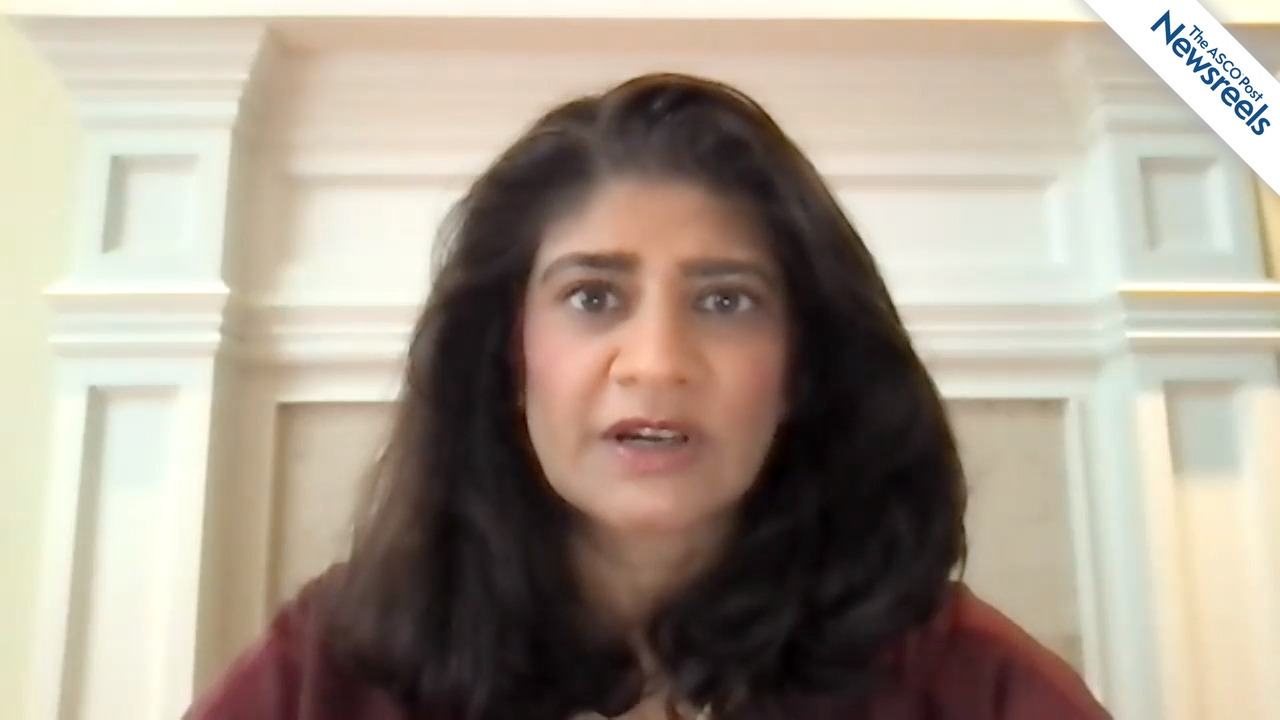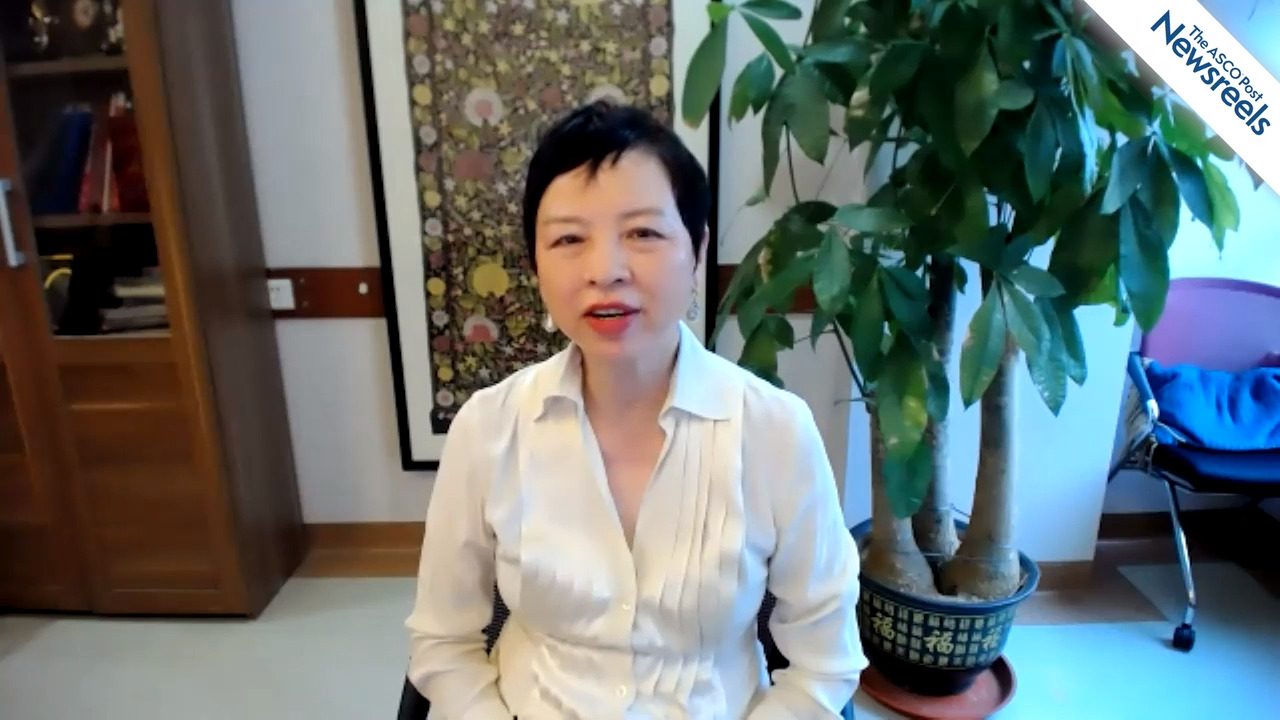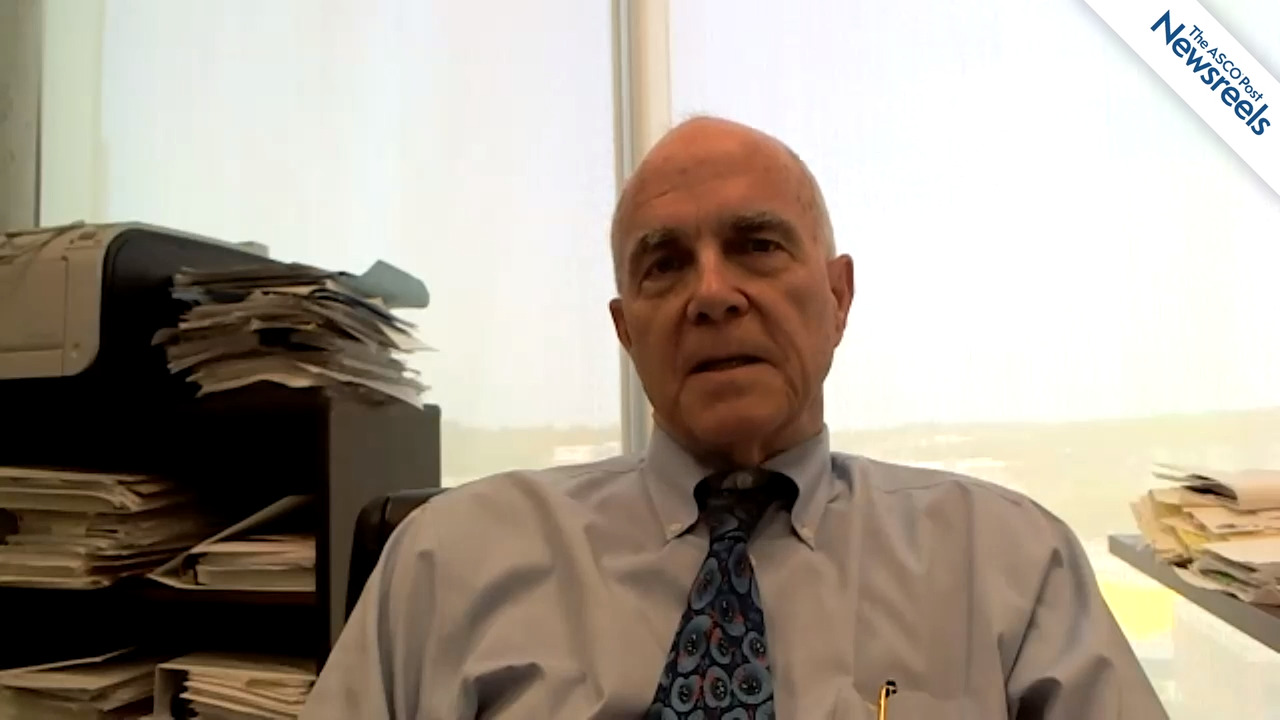Andrew D. Zelenetz, MD, PhD, on MRD Testing in the Management of Non-Hodgkin Lymphoma
2021 Pan Pacific Lymphoma Conference
Andrew D. Zelenetz, MD, PhD, of Memorial Sloan Kettering Cancer Center, discusses the role of minimal residual disease evaluation in the treatment of non-Hodgkin lymphoma, techniques used to predict relapse such as immunosequencing and CAPP-Sequencing, and whether such assays could replace the use of imaging with its attendant radiation exposure.
The ASCO Post Staff
Muhamed Baljevic, MD, of the University of Nebraska Medical Center, reviews the outlook for treating patients with relapsed and refractory multiple myeloma, the rapidly expanding array of therapeutic options with novel mechanisms of action, and the challenges of sequencing treatments.
The ASCO Post Staff
Steven M. Horwitz, MD, of Memorial Sloan Kettering Cancer Center, discusses treatments for advanced mycosis fungoides and Sezary syndrome, including brentuximab vedotin and mogamulizumab, and how best to choose among treatments.
The ASCO Post Staff
Sonali M. Smith, MD, of the University of Chicago, discusses the many uncertainties in preventing secondary high-grade B-cell lymphomas, which have a poor prognosis; how to discern the patients at highest risk; and whether prophylaxis with monoclonal antibodies such as rituximab can mitigate the likelihood of secondary lymphoma.
The ASCO Post Staff
Peihua Lu, MD, of Lu Daopei Hospital, discusses the state of research in China on CAR T-cell therapy, placing it in the context of the global development pipeline and the progress being made.
The ASCO Post Staff
James O. Armitage, MD, of the University of Nebraska Medical Center, discusses various treatment regimens for patients with Hodgkin lymphoma, including BEACOPP, brentuximab vedotin, ABVD, A-AVD, nivolumab, and pembrolizumab—and the factors to consider when choosing among them.
